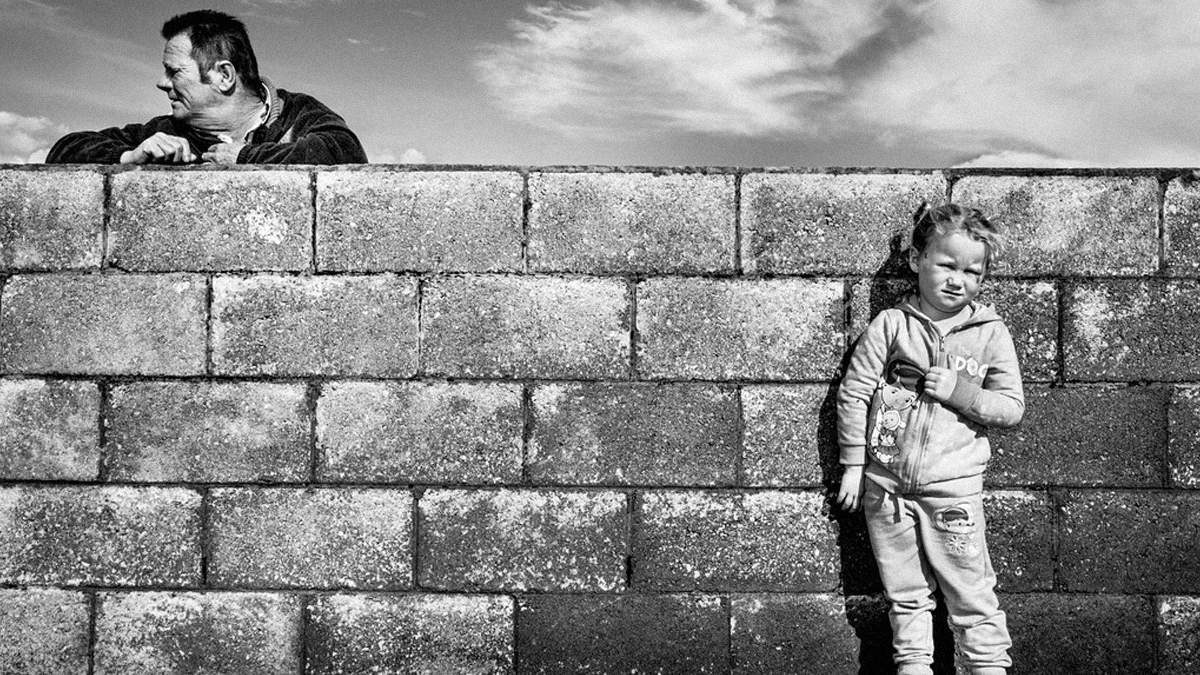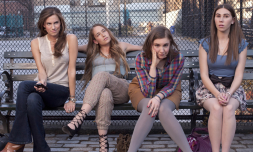Discrimination towards Travellers is arguably the last accepted form of racism. Why are we still looking the other way?
Given the persistent instances of violence, stereotyping, and socio-political oppression across the country, it’s sometimes hard to believe that racism is generally condemned in the UK. But we have – thankfully – reached a point where the majority of Brits would agree race-based discrimination is wrong, and there are laws in place to protect marginalised groups (though they may not always be effective).
According to recent reports, almost half of young Brits consider their country to be racist. This recognition is reflective of a generation that understands discrimination is pervasive, layered, and insidious to modern society. It’s the same recognition that drives protests against racism, the same recognition that fuelled Black Lives Matter and ensures efforts to protect Britain’s vulnerable communities continue moving forward.
Yet there’s one ethnic minority who continue to suffer in relative silence. The Gypsy/Traveller community continues to face widespread racism in the UK, with 62% of the community having experienced racial abuse, 47% having been racially assaulted, and 37% having been physically attacked as a result of their ethnic identity.
A 2017 report by the Traveller Movement described this as the last acceptable form of racism. Even as Britain takes steps to combat discrimination against other minority groups, anti-Traveller rhetoric remains socially acceptable. From derogatory slurs in the media to exclusion in education and employment, prejudice against these communities continues unchecked.
The UK has a long history of hostility towards its Traveller populations. From the 16th-century anti-Gypsy laws that criminalized their existence to the recent Police, Crime, Sentencing and Courts Act, which effectively outlaws traditional nomadic life, state policy has ranged from exclusion to criminalization. The media has played its part, too – painting Travellers as a social problem rather than a community with its own culture and history.
Social media has given young Travellers a forum through which to share their everyday experiences, but it’s also highlighted the extent to which misguided stereotypes continue to shape attitudes toward the community – namely the belief that what makes a Traveller is their place of residence, rather than their genetics.
Politicians continue to use outdated language to describe Travellers, landlords refuse service without hesitation, and racist stereotypes persist in schools and beyond, painting the community as uneducated, homeless, and even violent.
But a recent documentary by Stacey Dooley has explored how platforms like TikTok are marking a shift in perceptions of young Travellers, who are using digital spaces to challenge stereotypes and cultivate significant followings.
These influencers offer glimpses into everyday life – weddings, traditions, and family dynamics – countering the one-dimensional portrayals that have dominated for decades. But visibility also invites hostility. While some non-Travellers engage with curiosity and respect, others use these platforms to reinforce old prejudices. The backlash shows how deeply ingrained these biases remain.
Davie Donaldson, a 19-year-old Traveller, told the BBC in 2017 that the public’s view of Gypsy/Travellers had ‘remained stagnant’ since the 1980s. It’s a belief still shared by young people in the community, with many of the young women featured in Dooley’s documentary sharing their experiences of discrimination by school teachers and others in the gorger world (a gorger is the Gypsy/Traveller term for someone who is non-Gypsy/Traveller).
A Scottish Social Attitudes survey previously found that as many as 34% of people in Scotland believed a Gypsy/Traveller was ‘unsuitable’ to be a primary school teacher, and 31% said they would be ‘unhappy’ if a close relative married a Gypsy/Traveller.
Public response to Dooley’s documentary reflects these discriminatory attitudes. While some comments celebrated the authenticity and vibrancy of the Traveller influencers, others echoed the same discriminatory narratives that have plagued the community for decades.




















